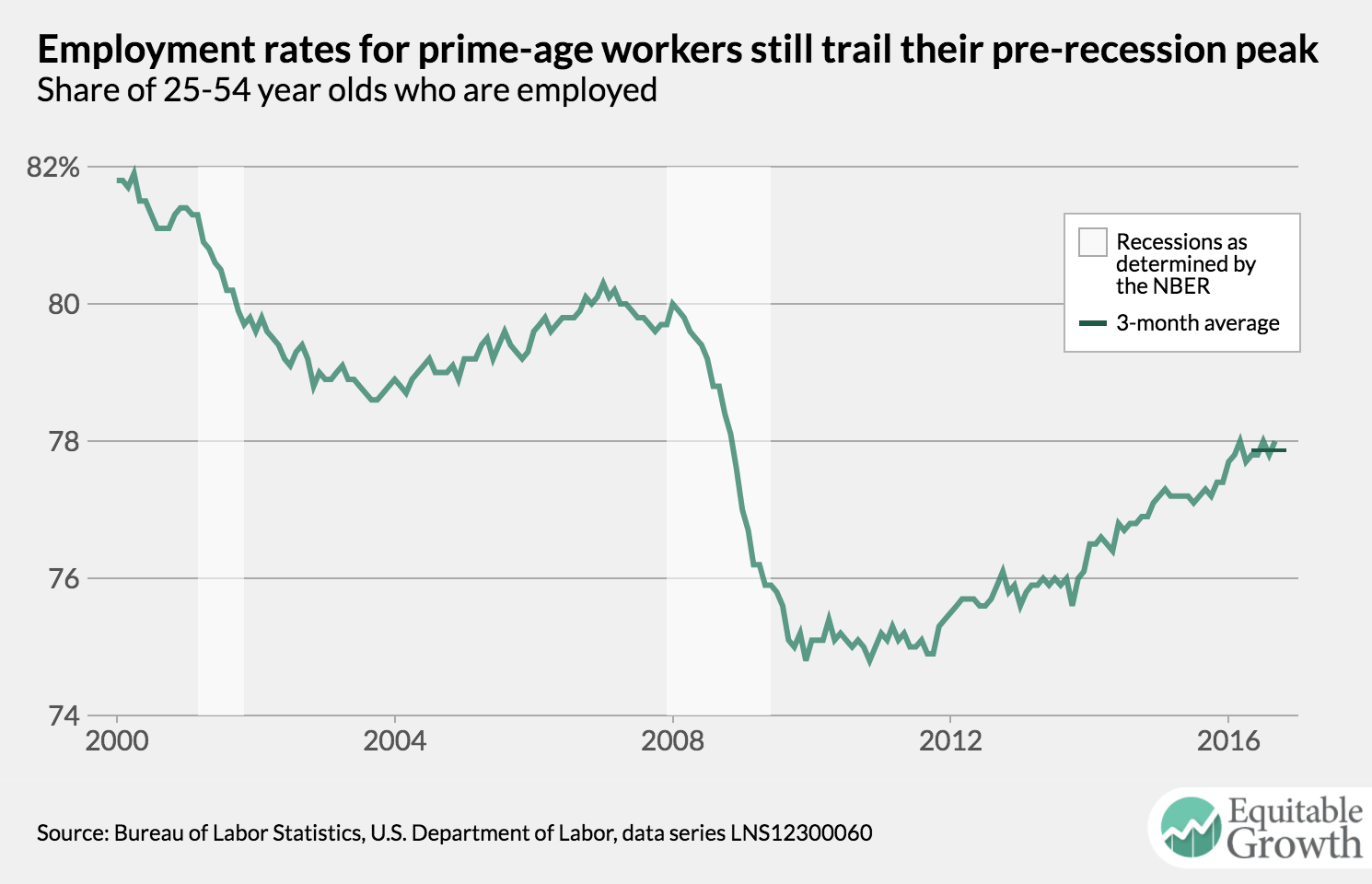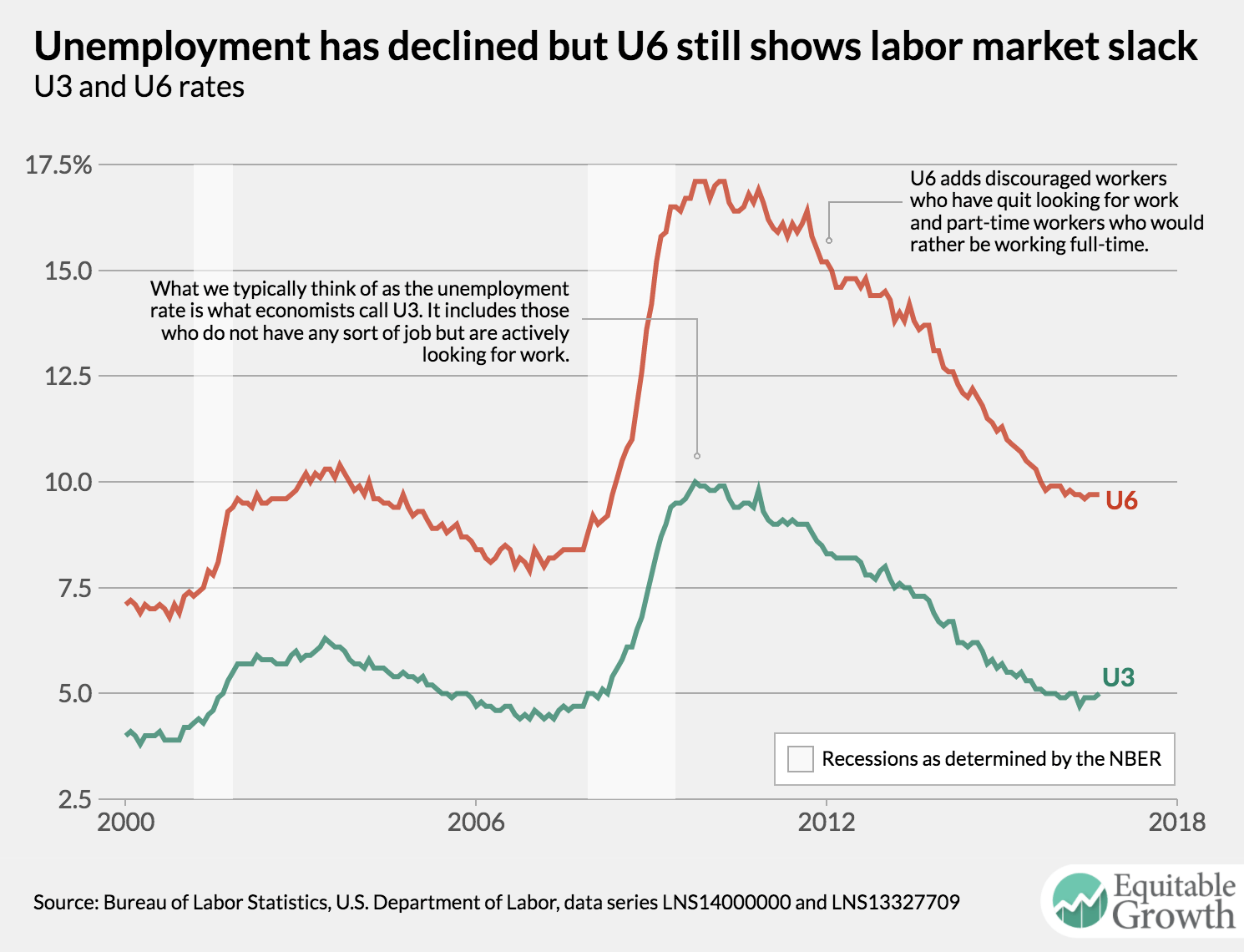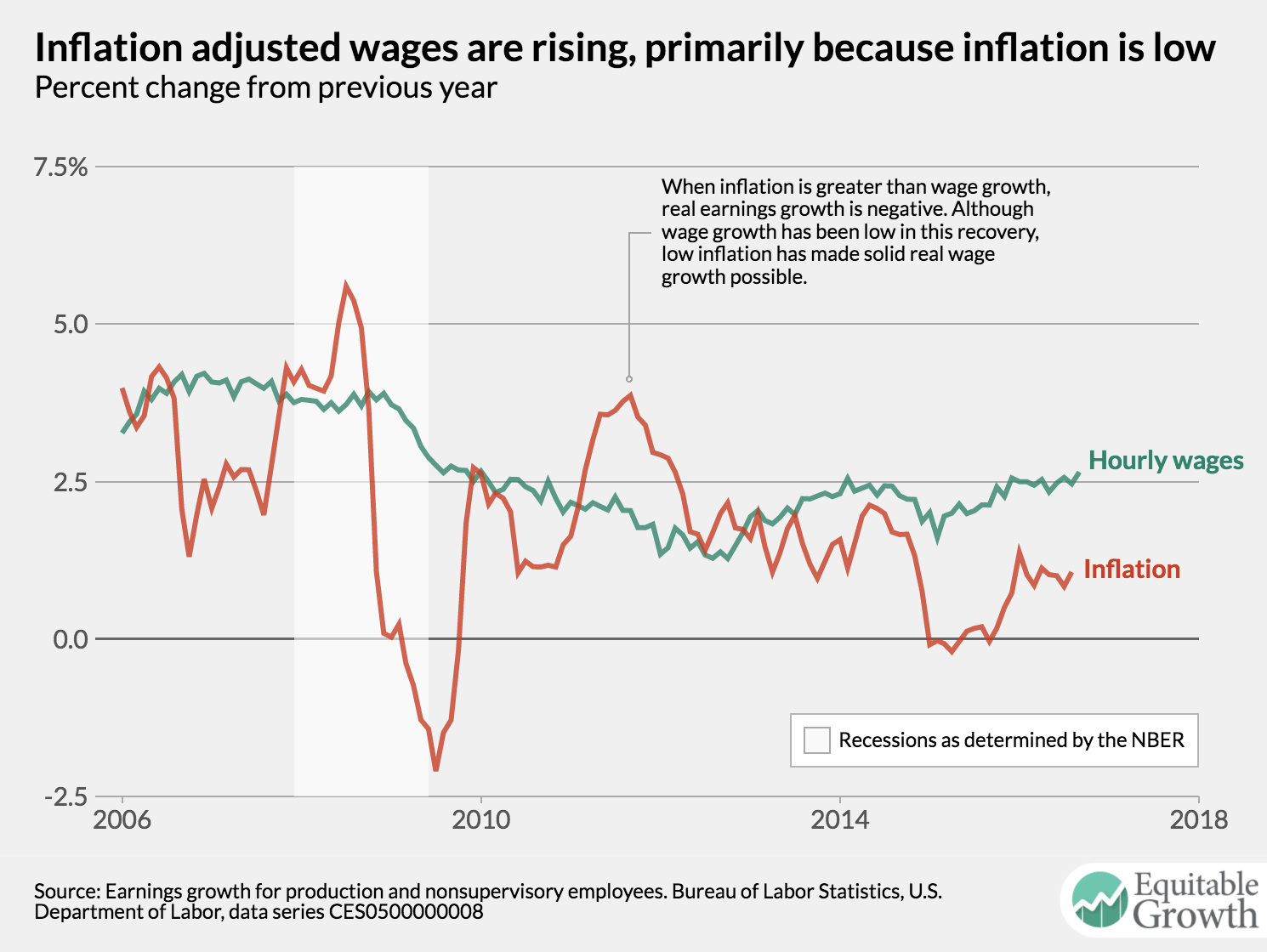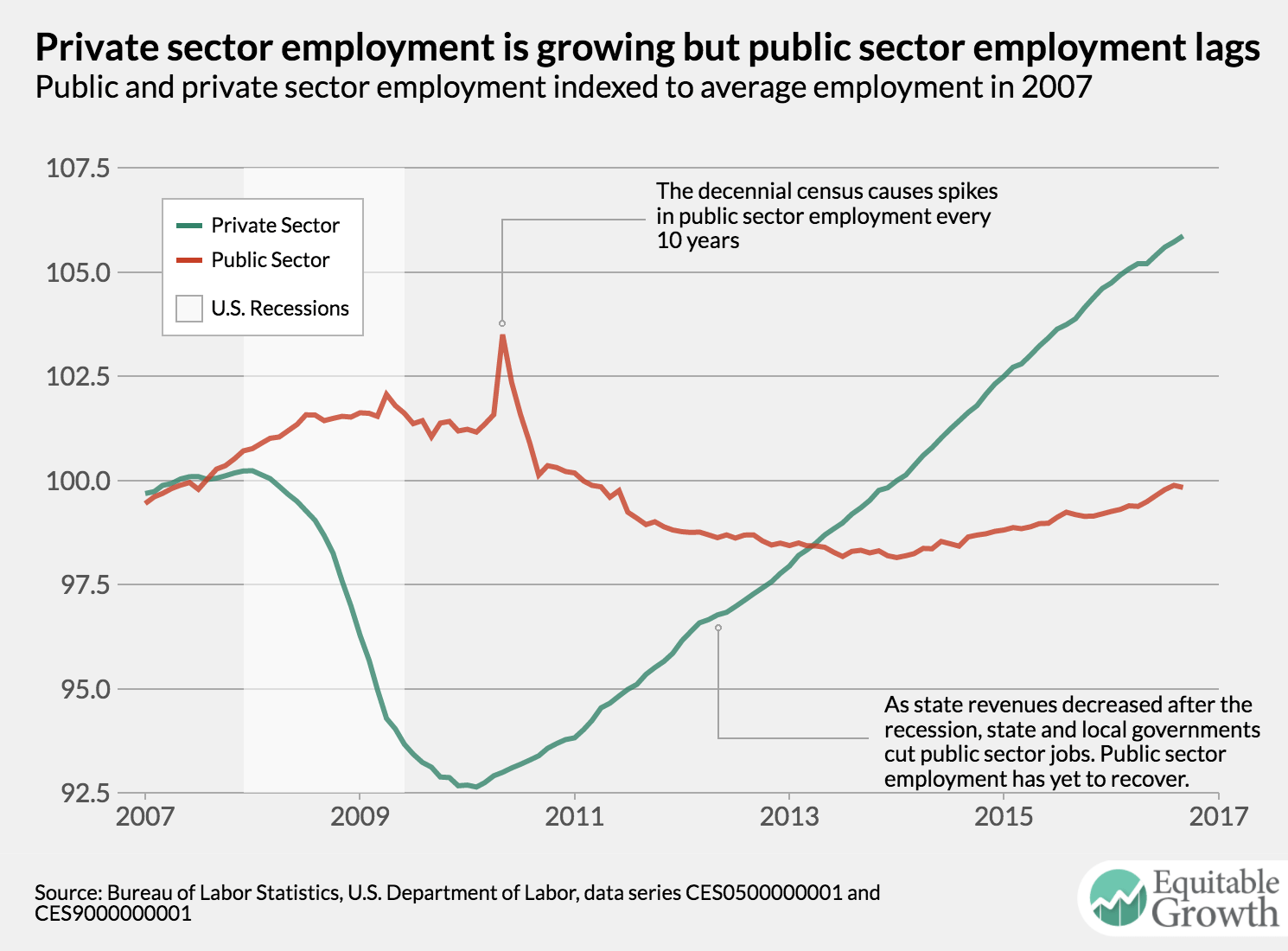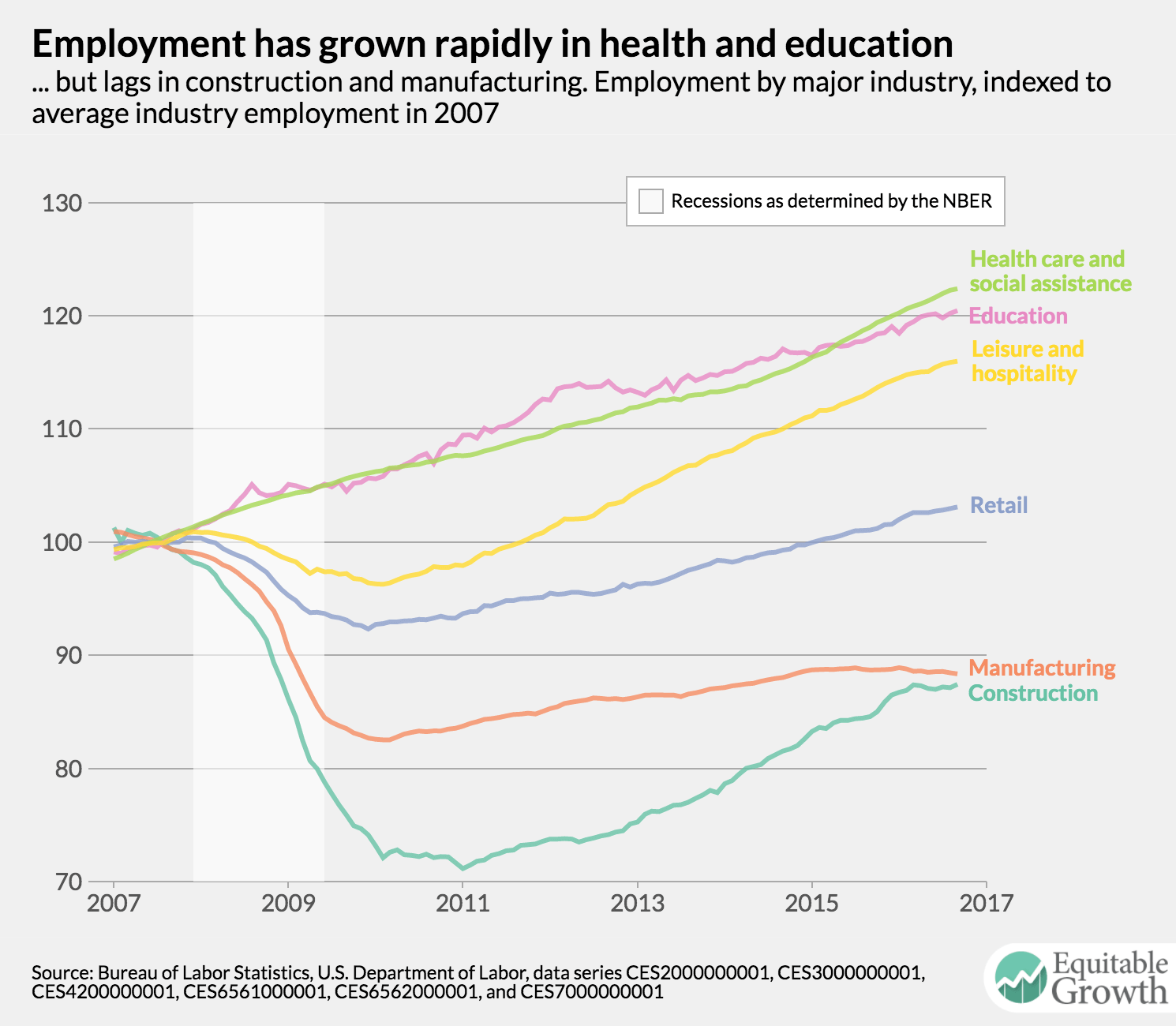
Any parent can tell you that children are expensive. Childcare, the endless diaper supply, and cute onesies add up to a startling $12,500 in the first year alone, according to the most recent figure from the U.S. Department of Agriculture. And while every parent makes financial sacrifices for their offspring, many parents today are facing these costs with less money coming in, compounding the financial burden of having a child. A new working paper by Alexandra Stanczyk, currently a postdoctoral scholar at the University of California-Berkeley, looks at household economic well-being in the year before and after birth among a sample of U.S. households. She finds that, on average, households experience a significant decline in economic well-being in the time around a birth.
Having a baby is, to grossly understate it, enormously taxing both physically and emotionally, which is why almost all mothers in the United States take some time off work after the birth of a child. Yet many families today depend on women’s income, which means that time out of the workforce can exact a huge financial toll considering that the United States has no paid leave policy. Many mothers (and an increasing number of fathers) must forgo pay to care for their children.
Once they return to work, many women face a “motherhood wage penalty,” especially at the bottom of the income spectrum. In contrast, men see a boost in their earnings after the birth of a child. While this can help somewhat offset the decline in a new mother’s earnings within two parent households, women’s lower earnings potential means less income overall for families.
The drop in parents’ income around childbirth can have major consequences for kids as well. Money matters for children’s development, even before children are born. Babies born into poverty are at a heightened risk for preterm birth (which is associated with long-term intellectual and developmental disabilities) and other negative outcomes. Inadequate family income is harmful for children—particularly young children—affecting their long-term social-emotional, cognitive, and academic outcomes even when controlling for other parental characteristics.
Childbirth affects families’ financial well-being across the income spectrum, but this financial hit is particularly harmful for single mothers. Lacking the support of a partner or family member’s income, many of these women rely heavily on public benefits such as the Supplemental Nutrition Assistance Program, the Earned Income Tax Credit, and the Child Tax Credit, among others. Stancyzk finds that these benefits do help, but they do not go far enough because the financial burden of not working is so high that many low-educated parents and single mothers tend to return to work much quicker than their married and better-educated counterparts. This has major consequences for mother and child alike, including higher rates of maternal depression and lower rates of immunization and health visits for their children.
These U.S. trends stand in stark contrast to European households, where household income tends to go up when a new member of the family arrives. The difference, Stanczyk points out, is due to European countries’ policies that support families with young children by providing paid leave and childcare subsidies. And the research points out that the benefits of such policies go beyond individual families: Paid leave, for example, raises the likelihood that a new mother will remain in the labor market and continue to contribute to national productivity overall.
Having the time to care for one’s baby in those early months has a lasting impact on the long-term health and development of a child. And states that do have paid leave policies in place (California, Rhode Island, and New Jersey) find that overall the paid benefits reduce the burden on government assistance programs.
Only 12 percent of private-sector workers have access to paid leave from their employers, according to the U.S. Bureau of Labor Statistics. Among low-income workers, that number drops to 4 percent—meaning that overall, private-sector benefits exclude the low-income workers that would benefit the most from such policies. By describing the financial hardship that many families face during a crucial time in their lives, Stancyzk highlights the wide-reaching consequences of federal policymakers’ inaction around helping families navigate work-family conflict.
